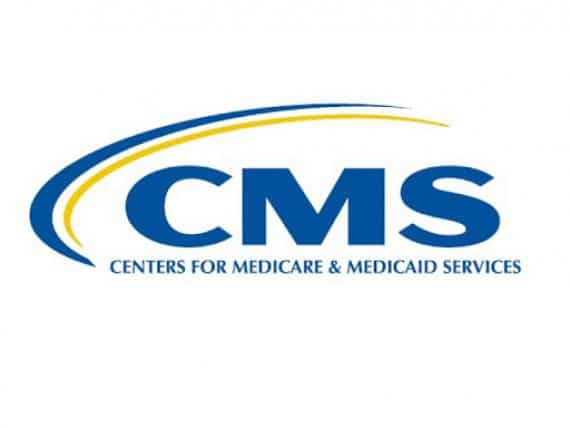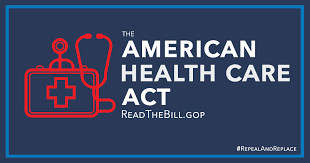
by Gary Pritts | May 23, 2018 | CMS Quality Payment Programs, General News
New for MIPS in 2018 is the “Significant Hardship Exception” for small practices, which exempts them from the “Promoting Interoperability” category. While claiming the exception will reduce cost and labor, practices should do a breakeven analysis to determine if it is profitable to complete the PI category.
Read More

by Gary Pritts | May 23, 2018 | CMS Quality Payment Programs, General News
CMS has renamed its various EHR incentive programs to “Promoting Interoperability”. The Meaningful Use and Advancing Care Information names will be dropped.
Read More

by Gary Pritts | Jan 31, 2018 | CMS Quality Payment Programs, General News
The CMS Merit-Based Incentive Payment System (MIPS) rules have changed for 2018, and the financial impact for physician practices has edged higher. Based on performance in 2018, physician reimbursement for Medicare Part B in calendar year 2020 will be reduced by as much as 5%.
Read More

by Eagle Editor | Aug 8, 2017 | CMS Quality Payment Programs, General News
Are you prepared for the changes from CMS for the Quality Payment Program? Eagle has prepared an updated rule for proposed changes through 2018.
Read More

by Gary Pritts | May 8, 2017 | CMS Quality Payment Programs, General News
The Security Risk Analysis (SRA) remains a requirement for the new Advancing Care Information (ACI) category of MIPS. A change enacted this year requires that the SRA be complete by 12/31/2017 under ACI, the Medicaid Meaningful Use program for physicians, and Hospital Meaningful Use programs. Practices who need outside help are advised to schedule their early to ensure that it is completed on time, and to avoid
Read More

by Gary Pritts | Apr 15, 2017 | CMS Quality Payment Programs, General News
While most of the political attention has focused on the GOP and Trump administration’s efforts to repeal Obamacare, aging Baby Boomers continue to challenge the finances of Medicare and the entire U.S. Federal budget. After the recent passage of an Obamacare repeal bill in the House, it is likely that political attention will remain on Obamacare repeal efforts, leaving recently enacted programs affecting Medicare, MACRA and MIPS, intact. It is possible that practices who maximize their performance under MIPS could earn a big payday, as high as
Read More






